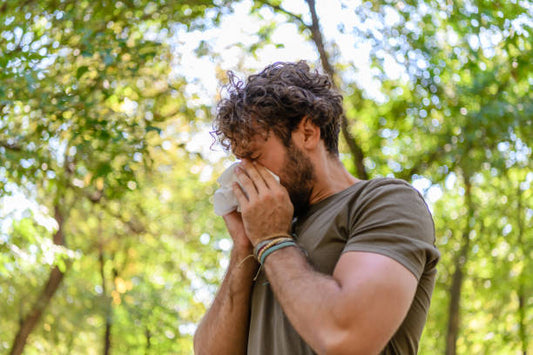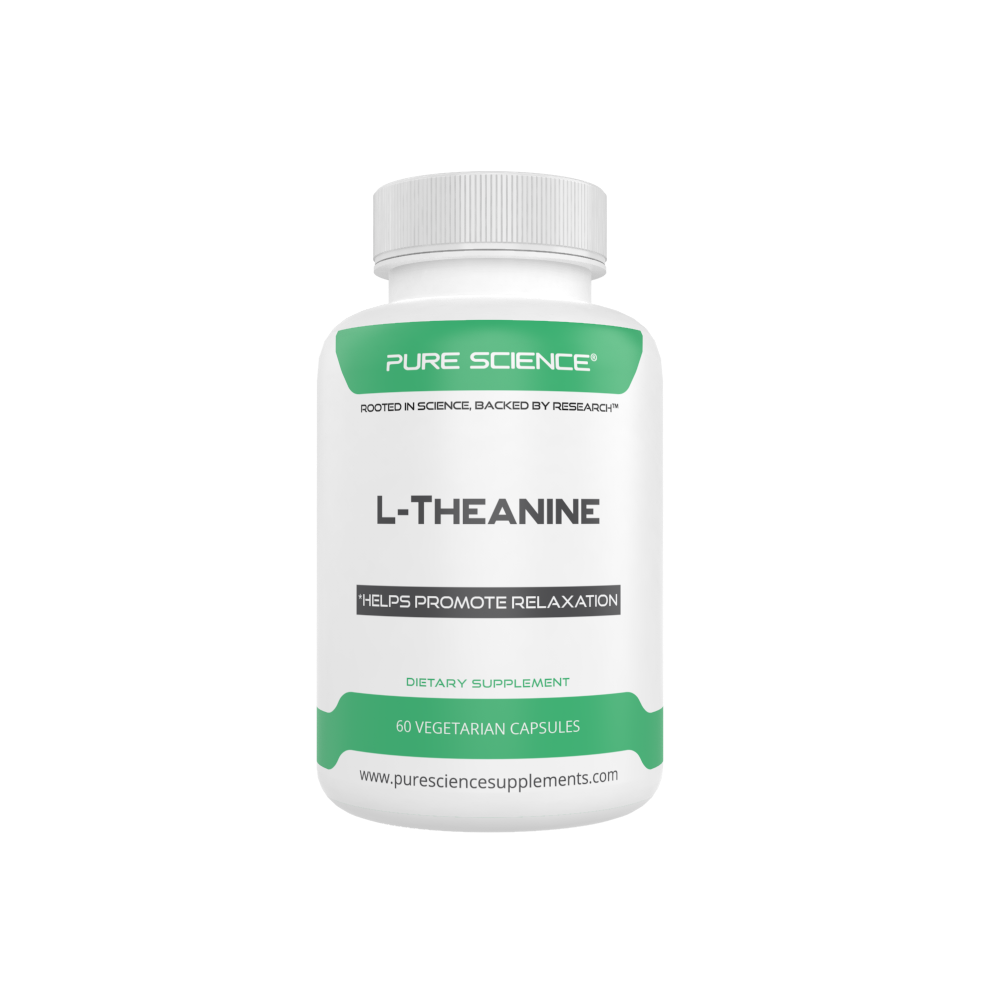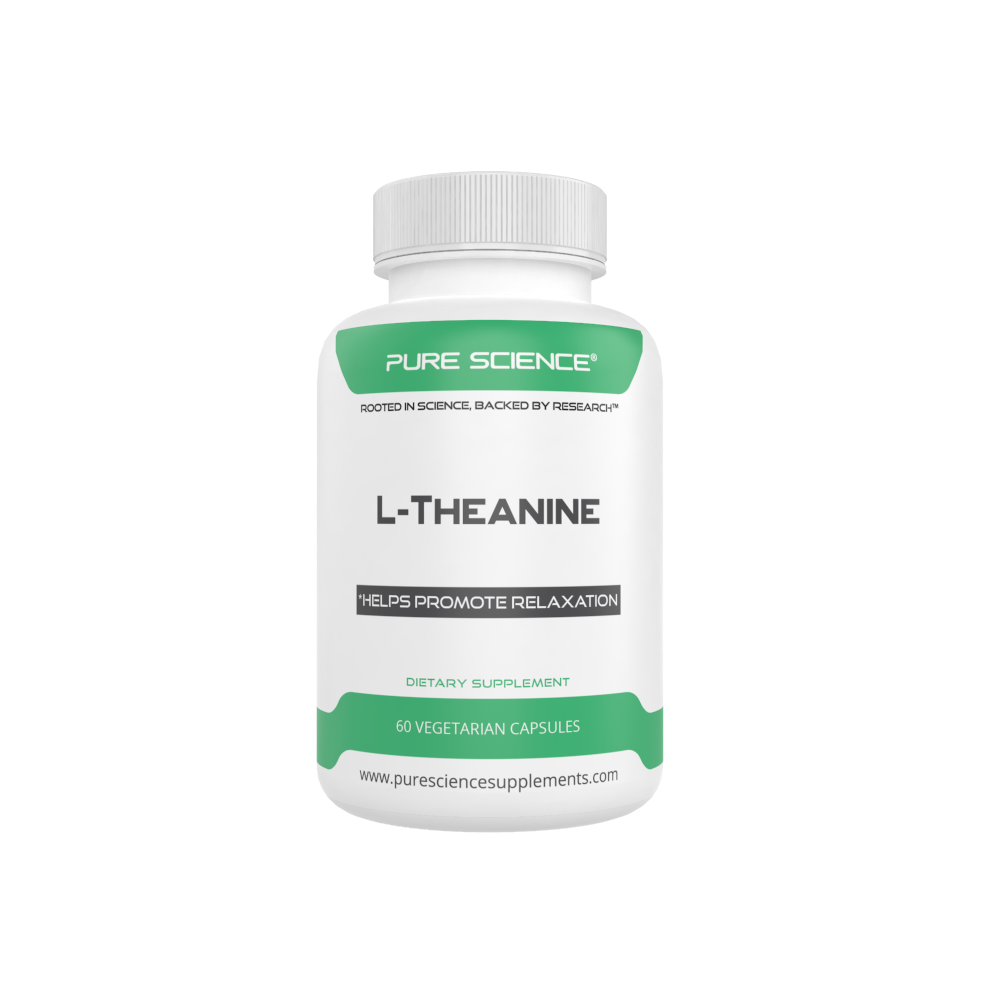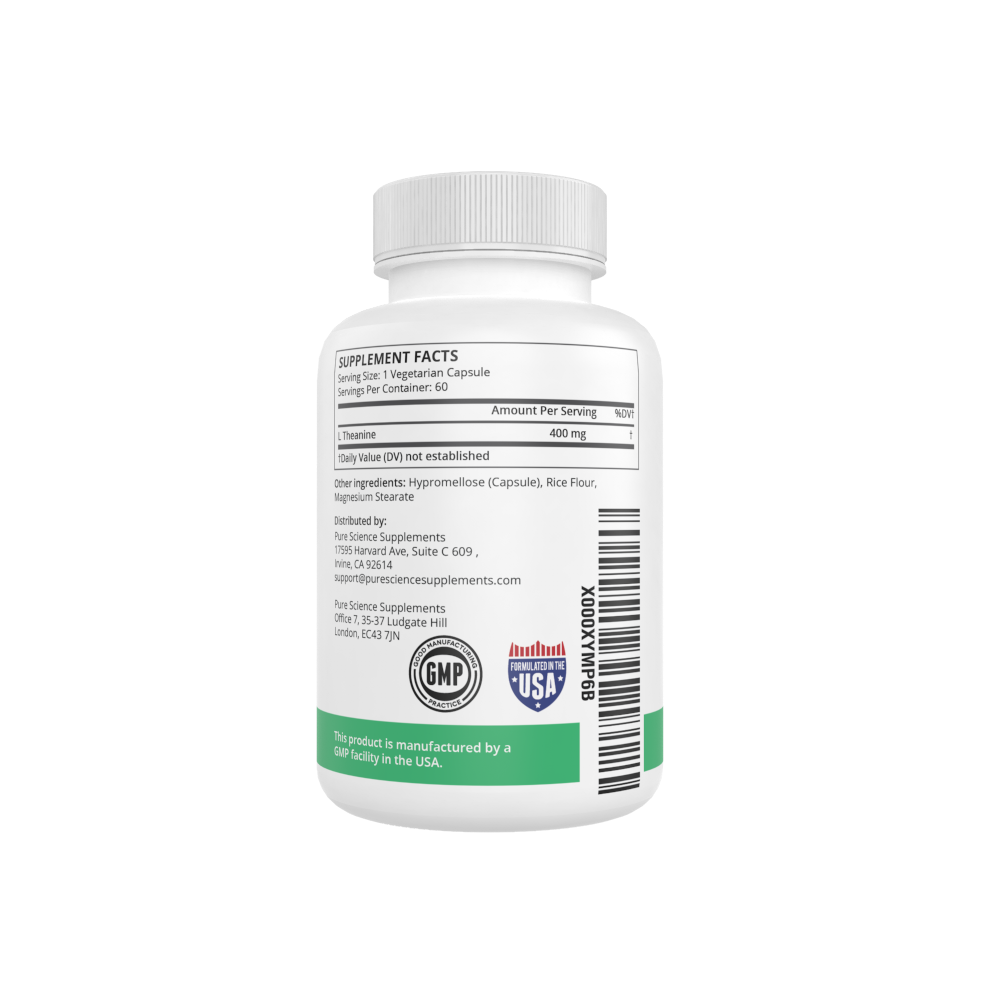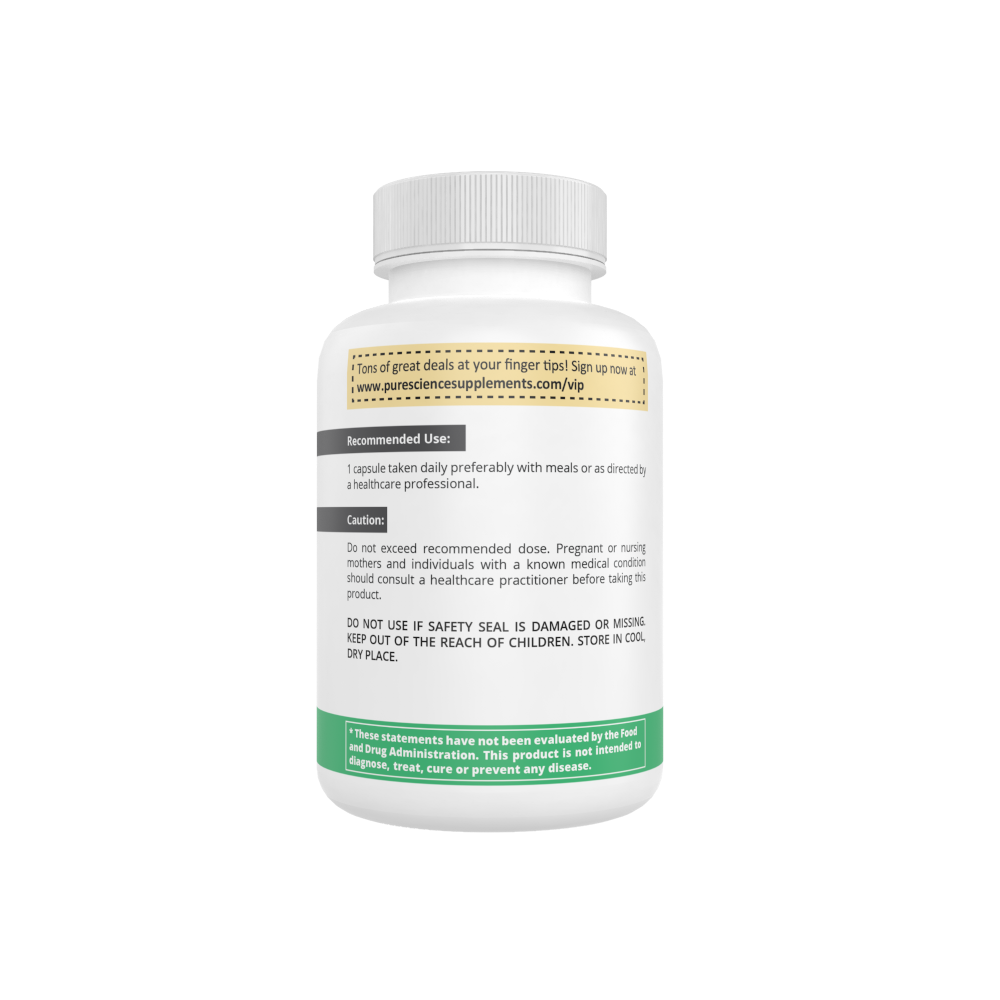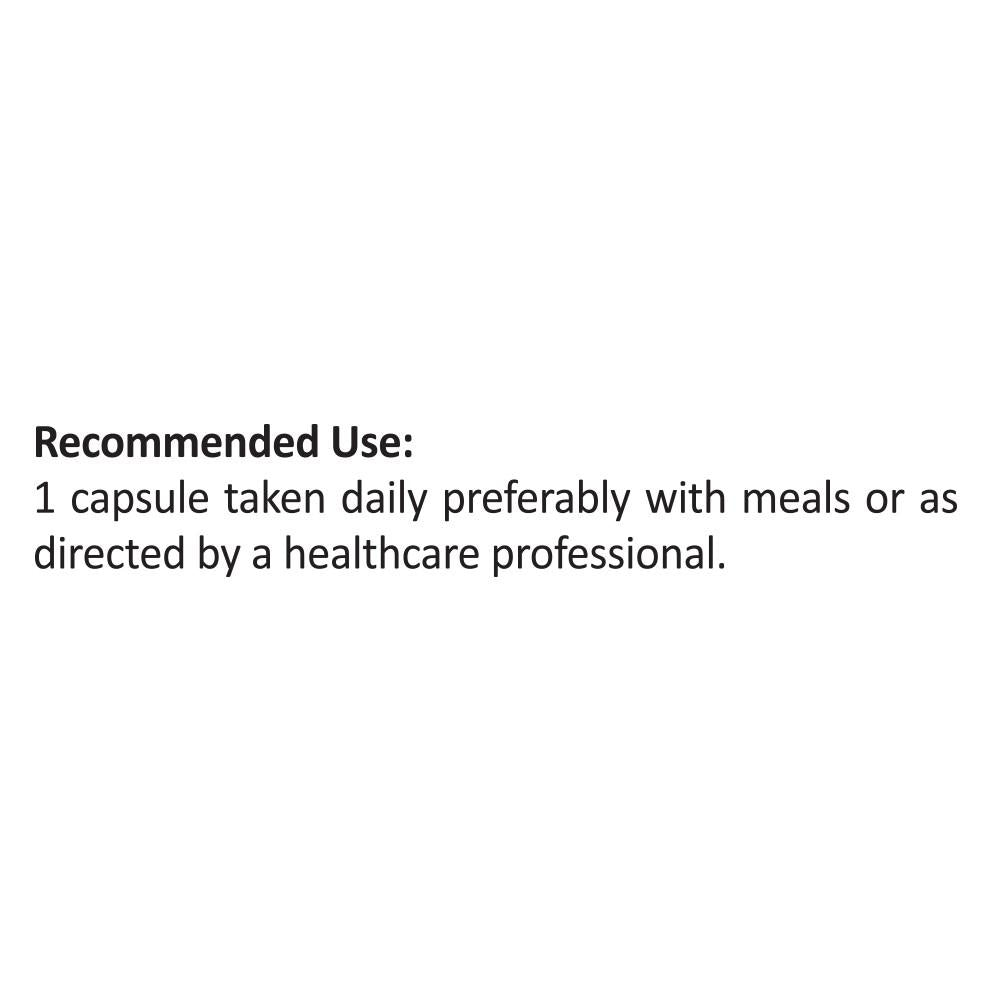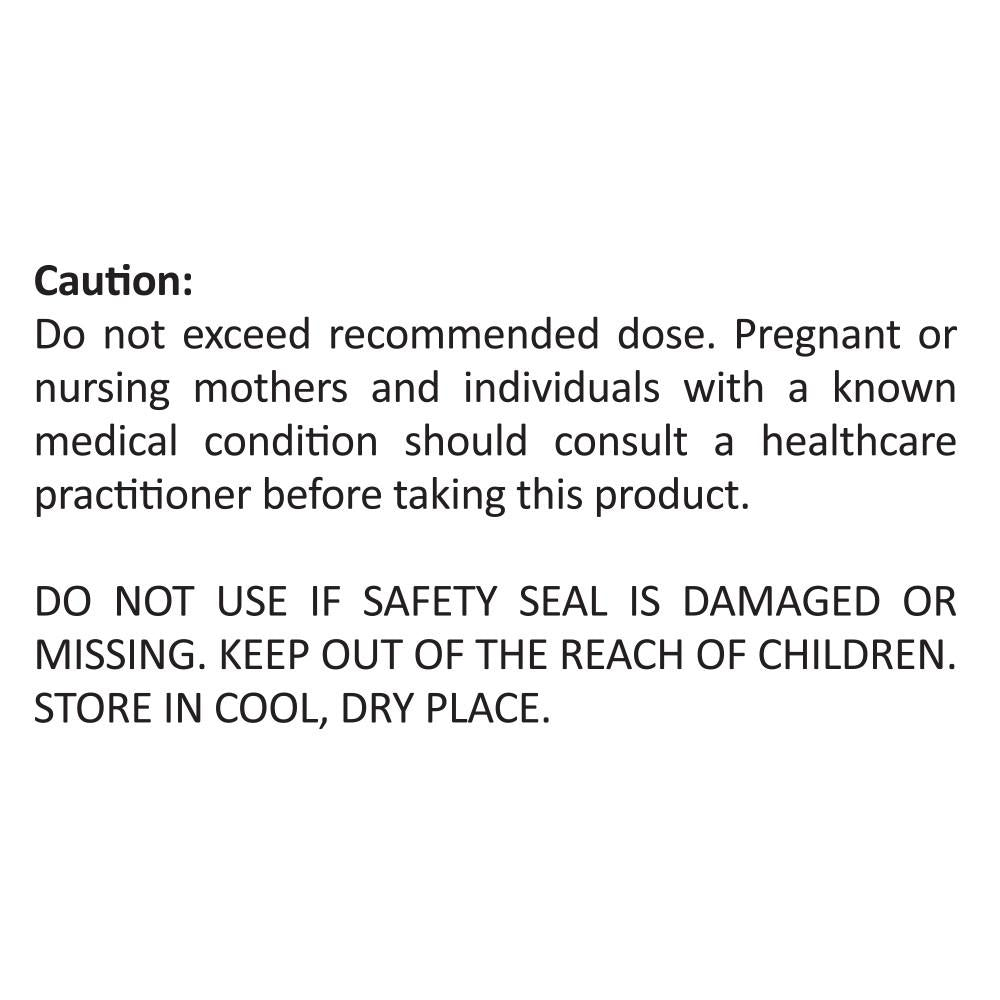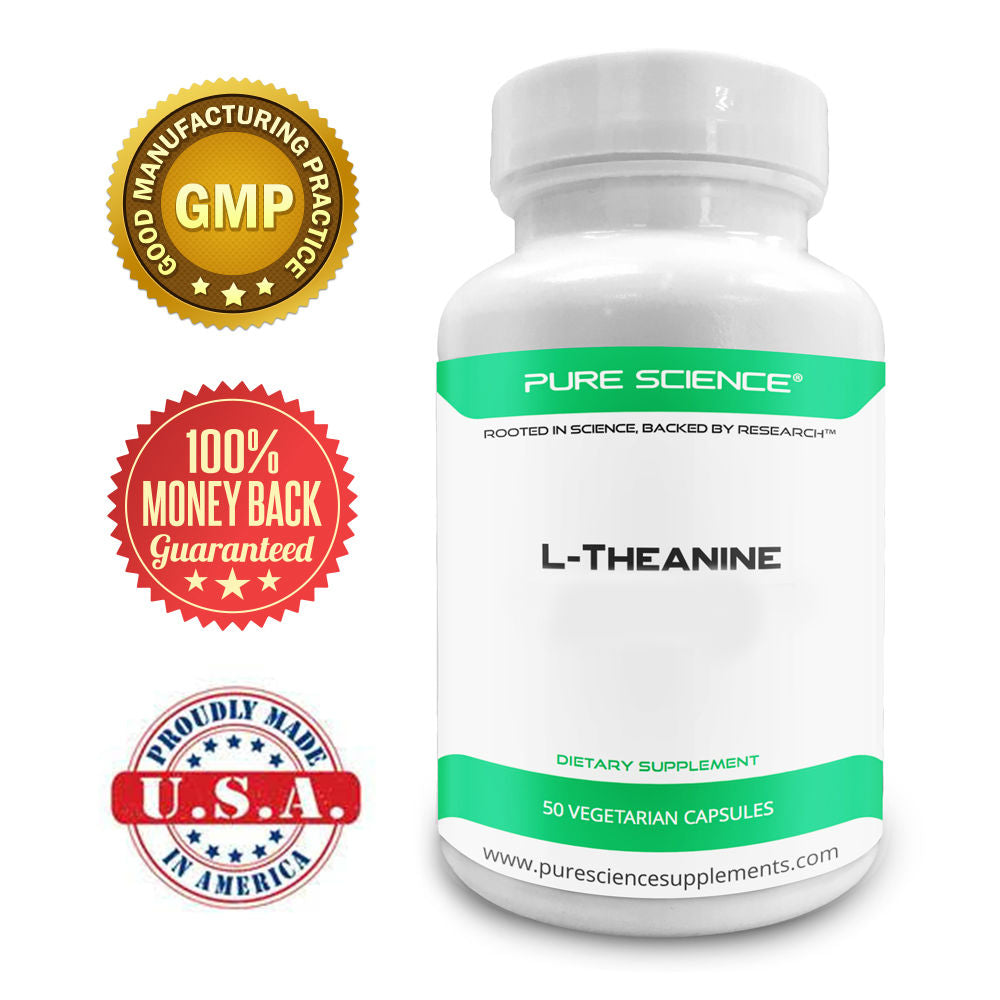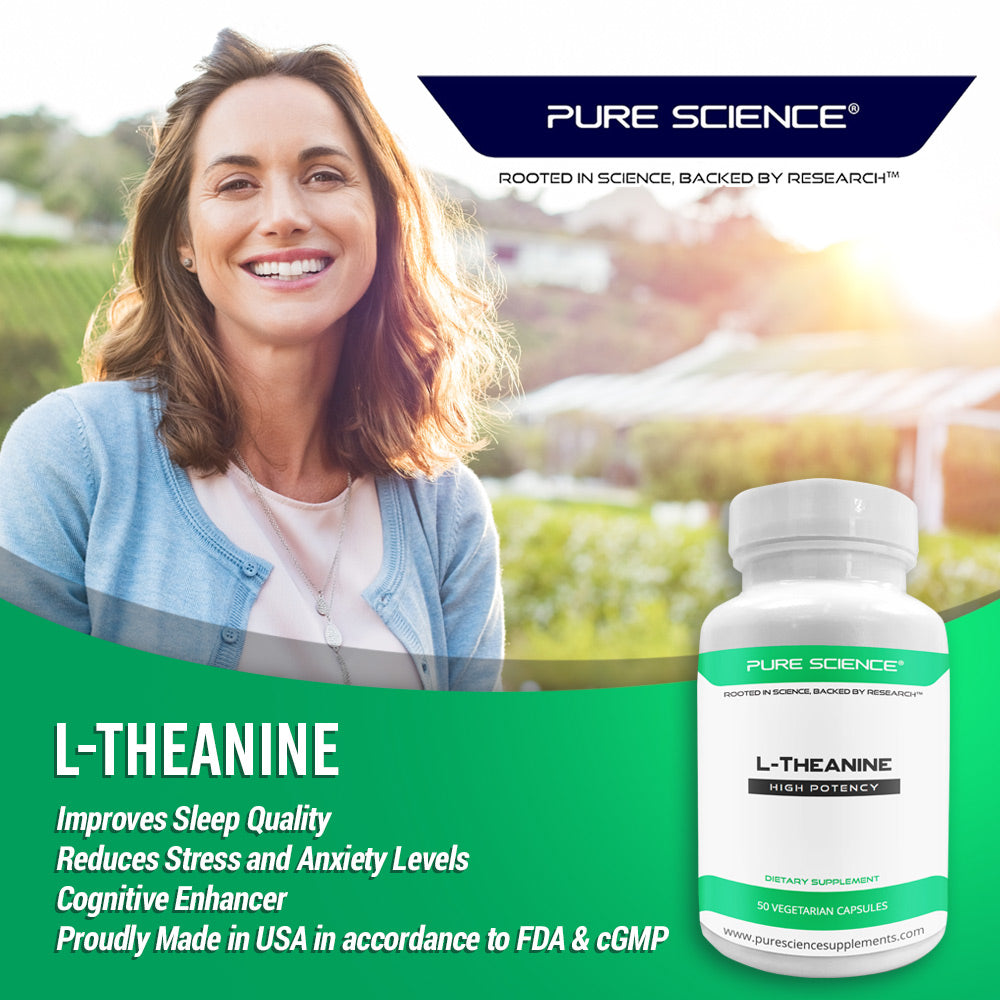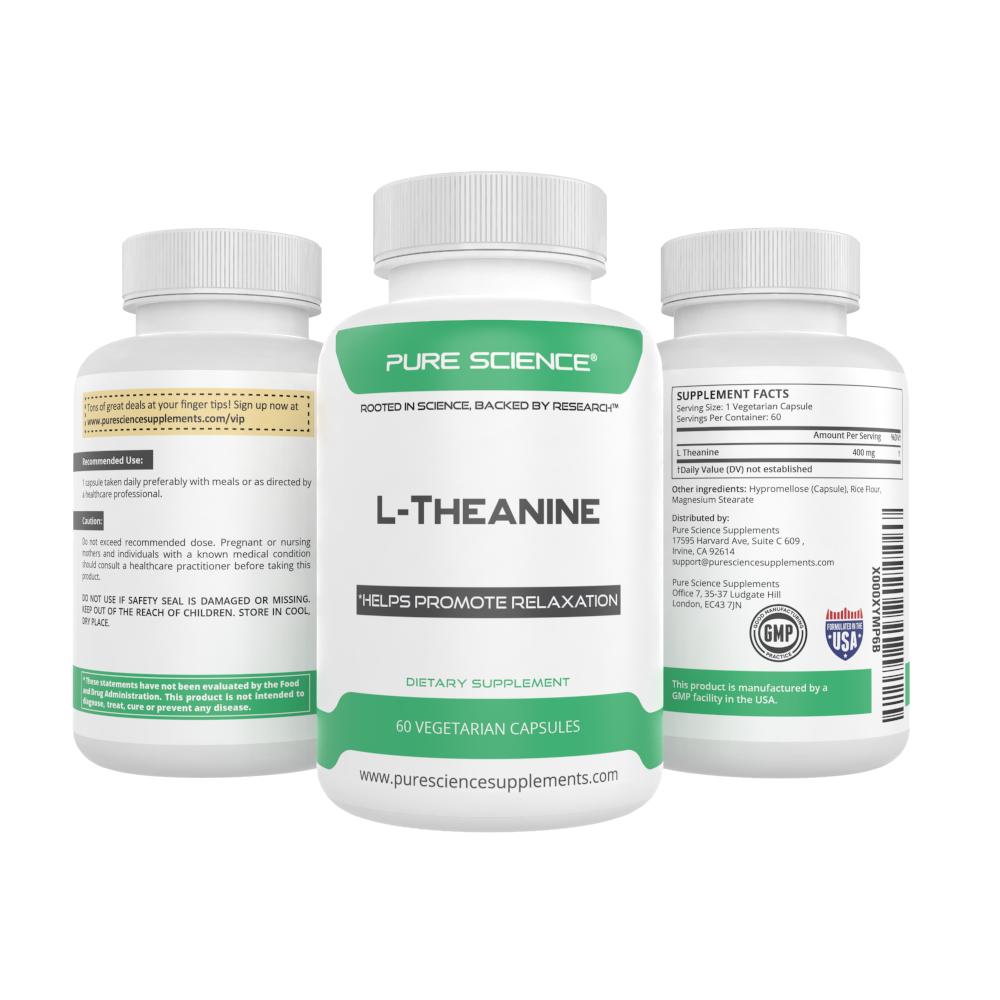A common sleep issue called insomnia can result in a variety of symptoms that can affect both general health and quality of life. These signs could consist of:
- Having trouble falling asleep
- waking up multiple times over the night
- having trouble remaining asleep
- Getting up too early Lack of restful sleep
- Daytime drowsiness
- Irritability
- difficulty paying attention
- Stress, anxiety, depression, poor sleep habits, and some medications are just a few of the causes of insomnia. In order to properly cure insomnia, it is crucial to address its underlying causes. L-theanine, however, might be a good choice for individuals looking for a natural treatment.
History
An amino acid called L-theanine is naturally present in tea leaves, especially green tea. Due to its calming and relaxing properties, it has been used for ages in traditional medicine, particularly in Asia.
How it works
An amino acid called L-theanine is naturally present in tea leaves, especially green tea. It is believed to function by raising the concentrations of specific neurotransmitters in the brain, such as serotonin and GABA.
A chemical called serotonin affects anxiety, sleep, and mood. A neurotransmitter known as GABA (gamma-aminobutyric acid) calms the brain. L-theanine may aid in reducing stress and anxiety, which can worsen insomnia, by raising the amounts of these neurotransmitters in the body.
Brain waves may also be impacted by l-theanine. There is evidence that it raises the alpha brain waves, which are related to relaxing. This might shorten the time it takes to fall asleep and increase the quality of your sleep.
Overall, further research is required to determine the precise processes by which L-theanine reduces the symptoms of insomnia. However, the evidence to date points to the possibility that it may be useful in enhancing sleep quality and decreasing the amount of time needed to fall asleep by raising levels of neurotransmitters that encourage relaxation and lowering tension and anxiety.
Studies and result
Numerous research have examined how L-theanine affects insomnia symptoms.
In a brief study that was printed in the journal Nutritional Neuroscience, 36 individuals who self-reported having trouble falling asleep were enrolled. For a period of four weeks, participants received either 200 mg of L-theanine or a placebo before bed. Comparing the L-theanine group to the placebo group, the results revealed that individuals who took it had significantly better sleep and fell asleep faster.
Another study with 72 participants who self-reported having trouble falling asleep was published in the journal Psychiatry and Clinical Neurosciences. For eight weeks, participants were given a placebo or 200 mg of L-theanine twice daily. Comparing the L-theanine group to the placebo group, the results showed that individuals taking it experienced much better sleep quality, shorter sleep-onset times, and lower levels of tension and anxiety.
Overall, these trials indicate that L-theanine may be useful for enhancing sleep quality and decreasing the amount of time needed to fall asleep in people who self-report having trouble falling asleep. For these investigations, taking 200–400 mg before night was advised. It is crucial to remember that additional research is required to properly comprehend the efficiency and recommended dosage of L-theanine for reducing the symptoms of insomnia.
Recommended Dosage
Before bed, 200–400 mg of L-theanine is advised for reducing the symptoms of insomnia. Although L-theanine is typically well accepted, it is always advisable to see a healthcare professional before beginning a new regimen as is the case with any supplements.
Conclusion
In conclusion, L-theanine is a natural remedy that might be useful for reducing the symptoms of insomnia. Its calming and relaxing effects may shorten the time it takes to fall asleep and increase the quality of the sleep. The existing studies indicate that a dose of 200–400 mg before night may be useful, while further study is required in this area. As usual, before beginning a new supplement regimen, consult a healthcare professional.
Reference
- Giesbrecht, T., Rycroft, J. A., Rowson, M. J., & De Bruin, E. A. (2010). The combination of L-theanine and caffeine improves cognitive performance and increases subjective alertness. Nutritional Neuroscience, 13(6), 283-290.
- Kimura, K., Ozeki, M., Juneja, L. R., & Ohira, H. (2007). L-Theanine reduces psychological and physiological stress responses. Biological Psychology, 74(1), 39-45.
- Suzuki, Y., Yamamoto, J., Kato, S., & Muto, T. (2011). L-Theanine, an amino acid in tea, decreases caffeine-induced sleep disturbance in rats. Pharmacology Biochemistry and Behavior, 99(1), 74-79.


